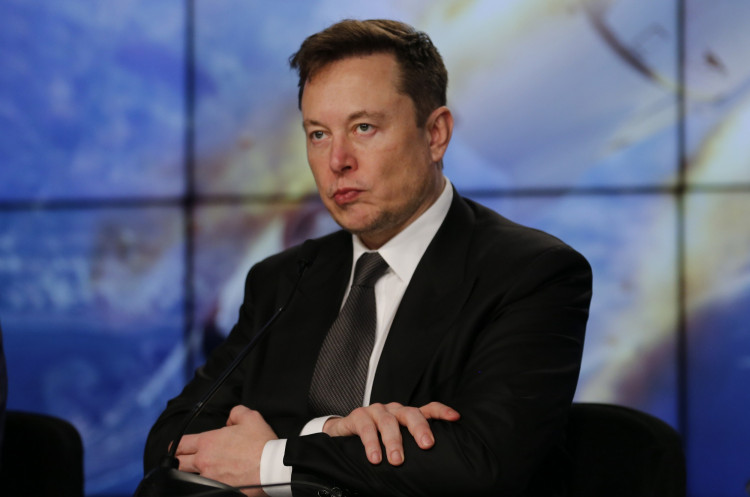Elon Musk, the visionary entrepreneur behind Neuralink, recently announced a significant breakthrough in the field of brain-computer interfaces (BCIs). According to Musk, the first human recipient of Neuralink's brain-chip implant has successfully demonstrated the ability to control a computer mouse solely through thought. This development marks a monumental step in Neuralink's mission to harness BCIs for addressing human diseases and disabilities.
The patient, who underwent the implant procedure in January, has reportedly made a full recovery without any adverse effects. Musk shared these findings during an X Spaces event, highlighting the patient's capability to navigate a mouse cursor on a screen through mental commands. The focus now, Musk mentioned, is on enhancing the patient's ability to execute mouse clicks, a task that could revolutionize the way individuals with severe physical limitations interact with technology.
Neuralink's journey to this point has been underpinned by years of research across various academic labs and companies. The implant works by capturing signals from electrodes placed near individual brain cells, thereby translating intended movements into digital commands. This technology, Musk believes, could eventually empower individuals with quadriplegia or tetraplegia to operate devices like computers and smartphones using their thoughts.
In preparation for this pioneering human trial, Neuralink secured approval from the U.S. Food and Drug Administration (FDA) to implant its brain chips in humans. The trial, named the Precise Robotically Implanted Brain-Computer Interface (PRIME) study, aims to assess the safety of Neuralink's N1 implant and R1 surgical robot. Additionally, the study will investigate the implant's efficacy in enabling paralyzed individuals to control external devices with their thoughts.
Musk's ambitions for Neuralink extend beyond facilitating communication and control for individuals with physical disabilities. He envisions a future where BCIs can address a spectrum of conditions, including obesity, autism, depression, and schizophrenia. The potential applications of this technology could redefine the boundaries of medical treatment and human-machine interaction.
As Neuralink continues to navigate the complexities of this cutting-edge technology, the company remains under scrutiny regarding its safety protocols. Recent reports highlighted a fine imposed on Neuralink for violating U.S. Department of Transportation regulations concerning the transport of hazardous materials. Despite these challenges, the successful demonstration of thought-controlled device operation by Neuralink's first human patient signals a promising horizon for BCIs and their transformative impact on society.






